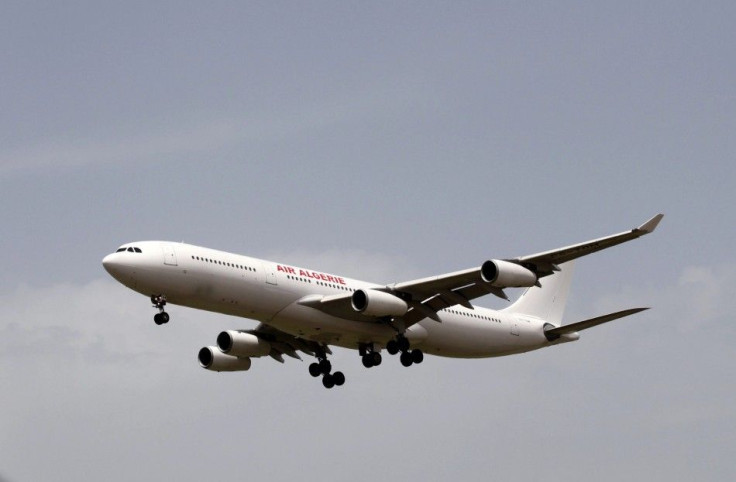Iceland Volcano: Bardarbunga Stricken by 5.7 Magnitude Earthquake But Still No Eruption, Magma Could be Going Elsewhere

Despite being stricken by an earthquake with a magnitude of 5.7, Iceland's Bardarbunga volcano still has not yet erupted. It only continues to grumble and rumble for over a week now, prompting scientists to believe that the magma from the volcanic system could be flowing somewhere else.
Researchers from the University of Cambridge said they saw magma from the Bardarbunga volcano moving toward the Askja volcanic system, which is a major system.
At present, there is already a lot of molten rock just sitting under the ground beneath Askja, Bob White, a study researcher, told BBC News.
If the magma under Bardarbunga volcano hits that molten rock, it could trigger Askja to erupt to catastrophic results.
At present, White said, at least 50 cubic metres of molten rock from the Bardarbunga volcano is moving at 4 km a day towards Askja. "It will get there in a few days".
Read: Travel Warning: Iceland Downgrades Alert Over Bardarbunga Volcano Eruption, Seismic Activity Still Continues
However, it is also possible that the moving magma will stop and just freeze to become a hard rock. "But who knows, it may just stop. It is still at 5 km depth and it is possible that it could freeze there and not a lot more will happen. That is perfectly plausible".
Prof. David Rothery, from the Open University, said magma heading towards Askja may also change route.
"It might bypass it and be injected northwards along a fissure that passes to the east of Askja, where there have been several earthquakes in the past week", he told BBC News.
Askja last erupted in 1961, but its last major eruption was in 1875 wherein its ash-fall severely devastated crops and killed livestock, prompting a wave of migration away from the north east of Iceland.
Bardarbunga volcano was hit by an earthquake with a magnitude of 5.7 last Tuesday morning. It was the largest tremors since it began in the area last week. Still, the eruption scientists were predicting why it did not happen.
Scientists and global aviation experts are monitoring the movements of a major eruption in one of Iceland's volcanic systems.
In April 2010, the Eyjafjallajökull volcano erupted, causing enormous disruption to air travel across western and northern Europe for six days. The ashes covered large areas of northern Europe from April 14 to 20. About 20 countries closed their airspace to commercial jet traffic, affecting 10 million travellers. Losses were estimated between 1.5 billion and 2.5 billion euros (£1.3bn-2.2bn).





















